MPs’ groundbreaking proposal to decriminalize abortion up to 24 weeks in England and Wales ignites passionate debates, signalling a pivotal moment in the fight for reproductive rights and healthcare reform. Here’s the full story.
Roe v Wade
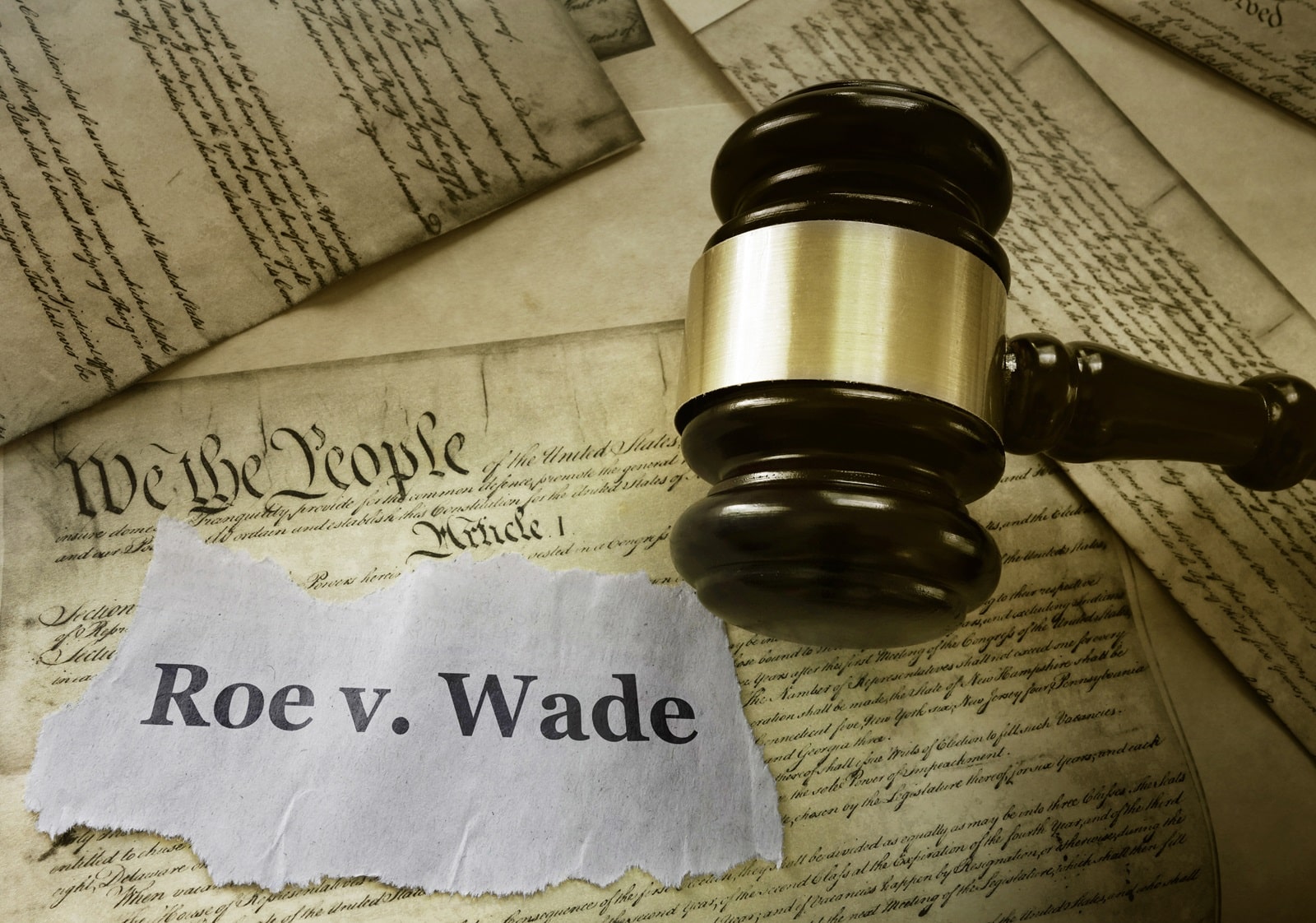
Following the overturning of Roe v Wade in the United States, reproductive rights and safe, legal abortion access has become a much-debated issue in many countries around the world.
Overhaul Abortion Laws

The UK is no different, as a recent proposal by a cross-party group of MPs seeks to overhaul abortion laws in England and Wales.
Decriminalize Abortion

The group aims to decriminalize abortion up to 24 weeks, as well as safeguarding access to reproductive rights in the future, ensuring there is little to no possibility of a rollback similar to the one seen in the US.
Ethics of Abortion
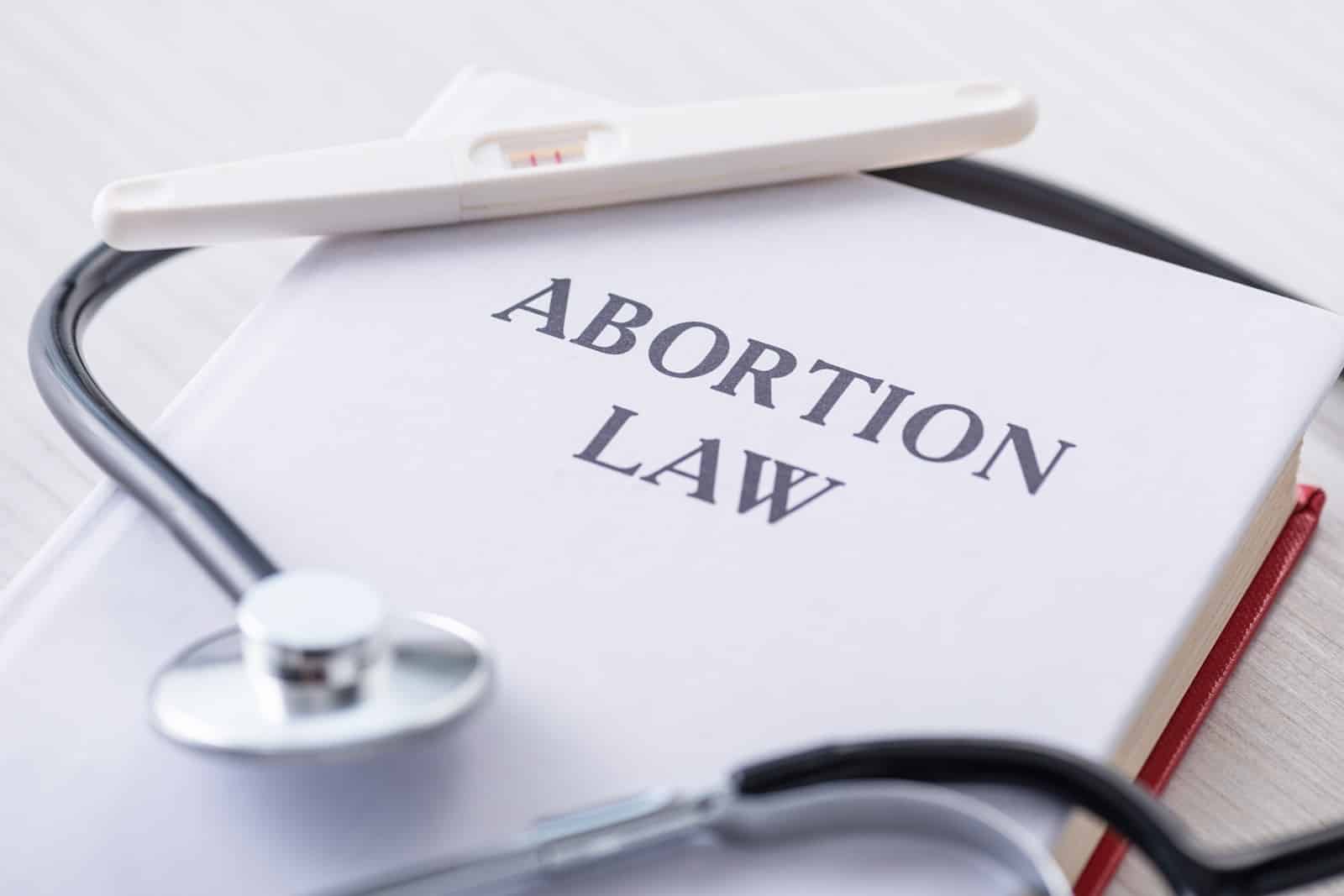
The proposal has ignited discussions surrounding the ethics of modernizing abortion legislation and the duty of the state to protect women’s healthcare providers, as well as the women themselves.
Abortion as a Human Right

The proposed amendments to the government’s criminal justice bill aim to redefine abortion access as a fundamental human right.
MP Support

Spearheaded by MPs like Stella Creasy and Dan Poulter, the legislation intends to shield women and medical practitioners from prosecution, offering legal protection for abortions up to 24 weeks.
“Prevent Further Attacks”
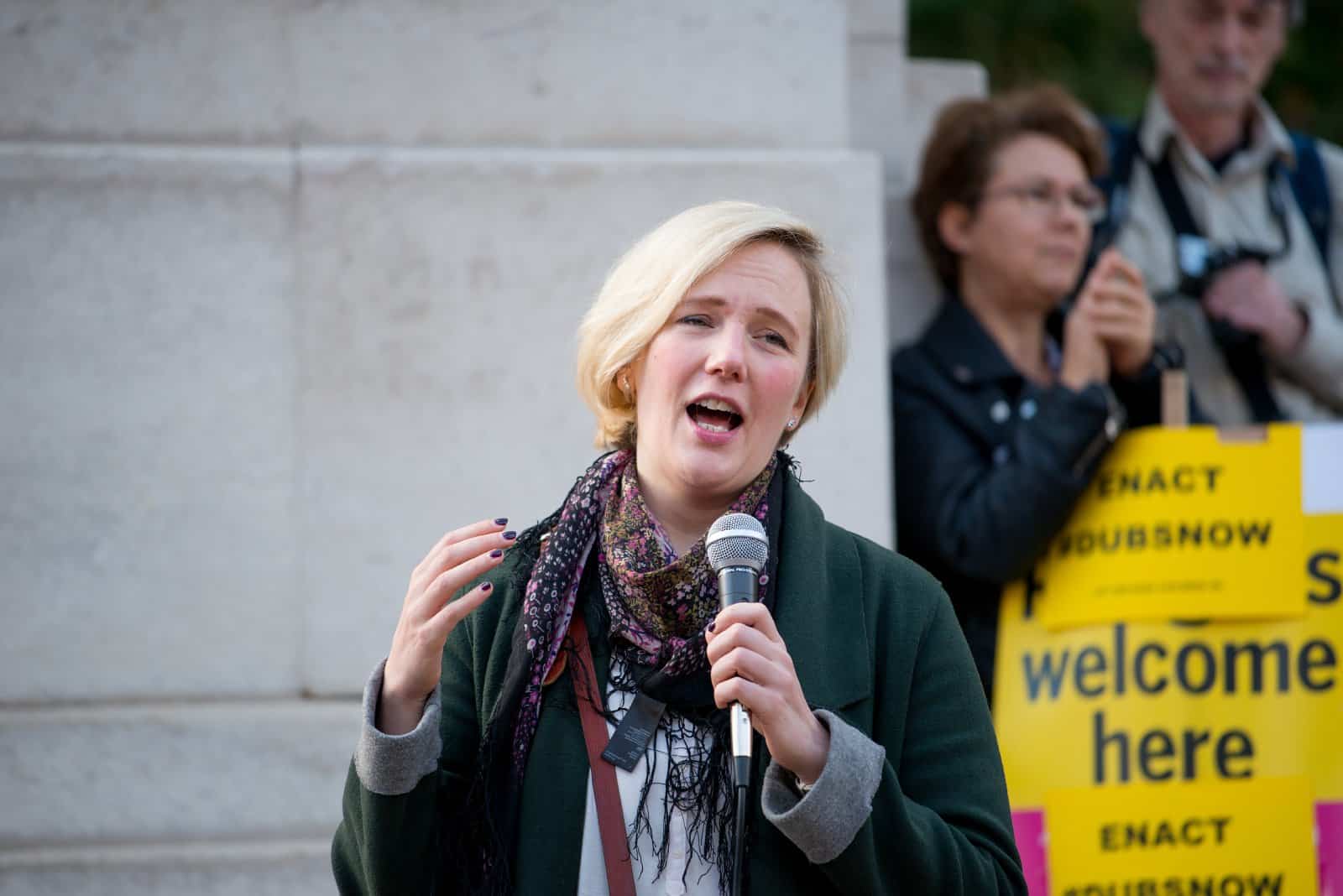
Creasy stated, “Enshrining abortion as a human right will prevent further attacks on access as well as those who assist women to ensure abortion can be safe, legal and local.”
“95% of Women”

She continued, “The public is very clear – the 95% of women who have early abortions should not have to justify their choice, and the small number of women who tragically have abortions towards the end of pregnancy need our support, not to be sent to prison. It is time that our law reflected this, and came into line with the rest of western Europe.”
Northern Ireland’s Laws
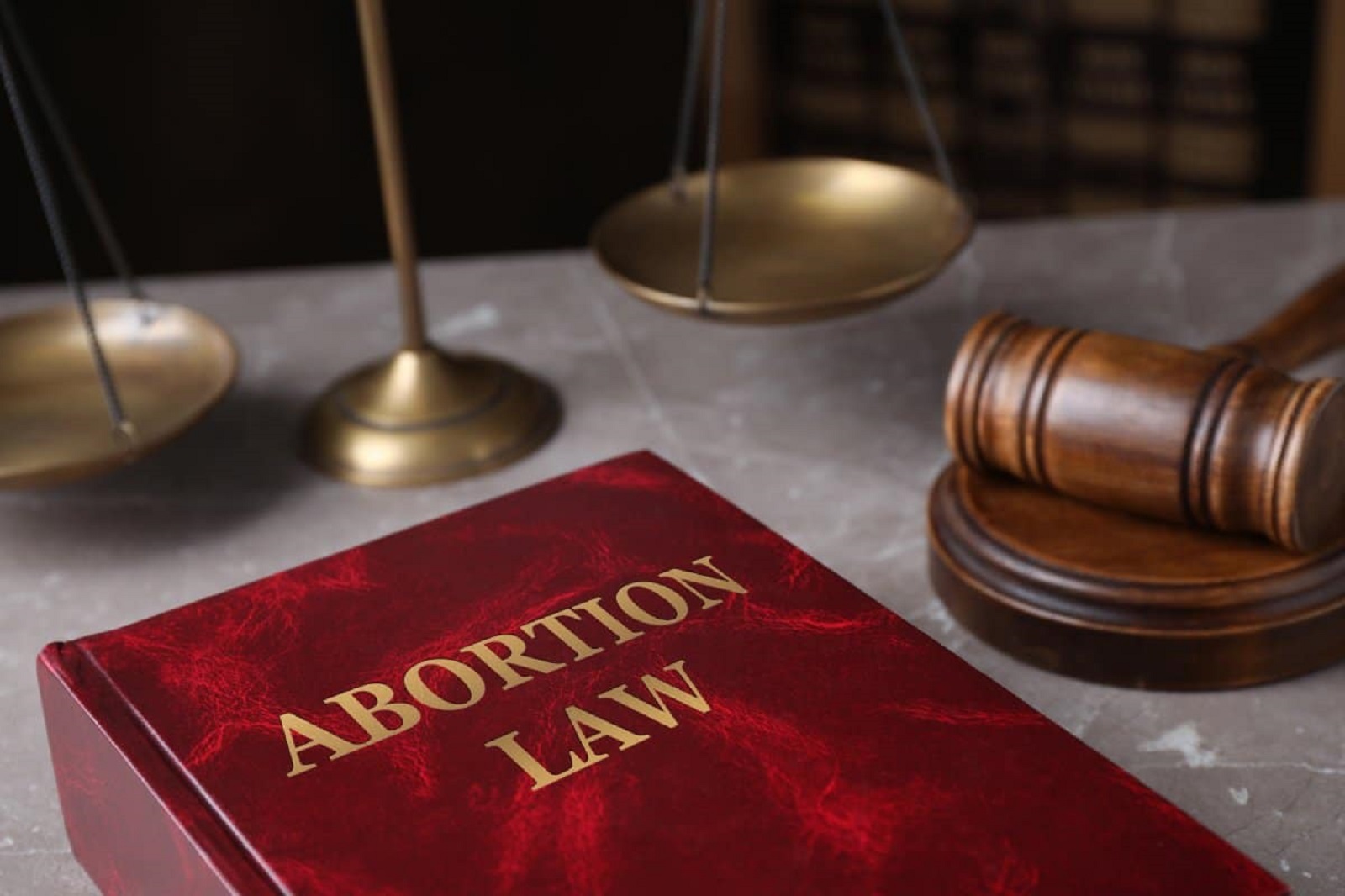
The proposed legislation draws inspiration from Northern Ireland’s progressive abortion laws, which were implemented in 2019.
Significant Departure
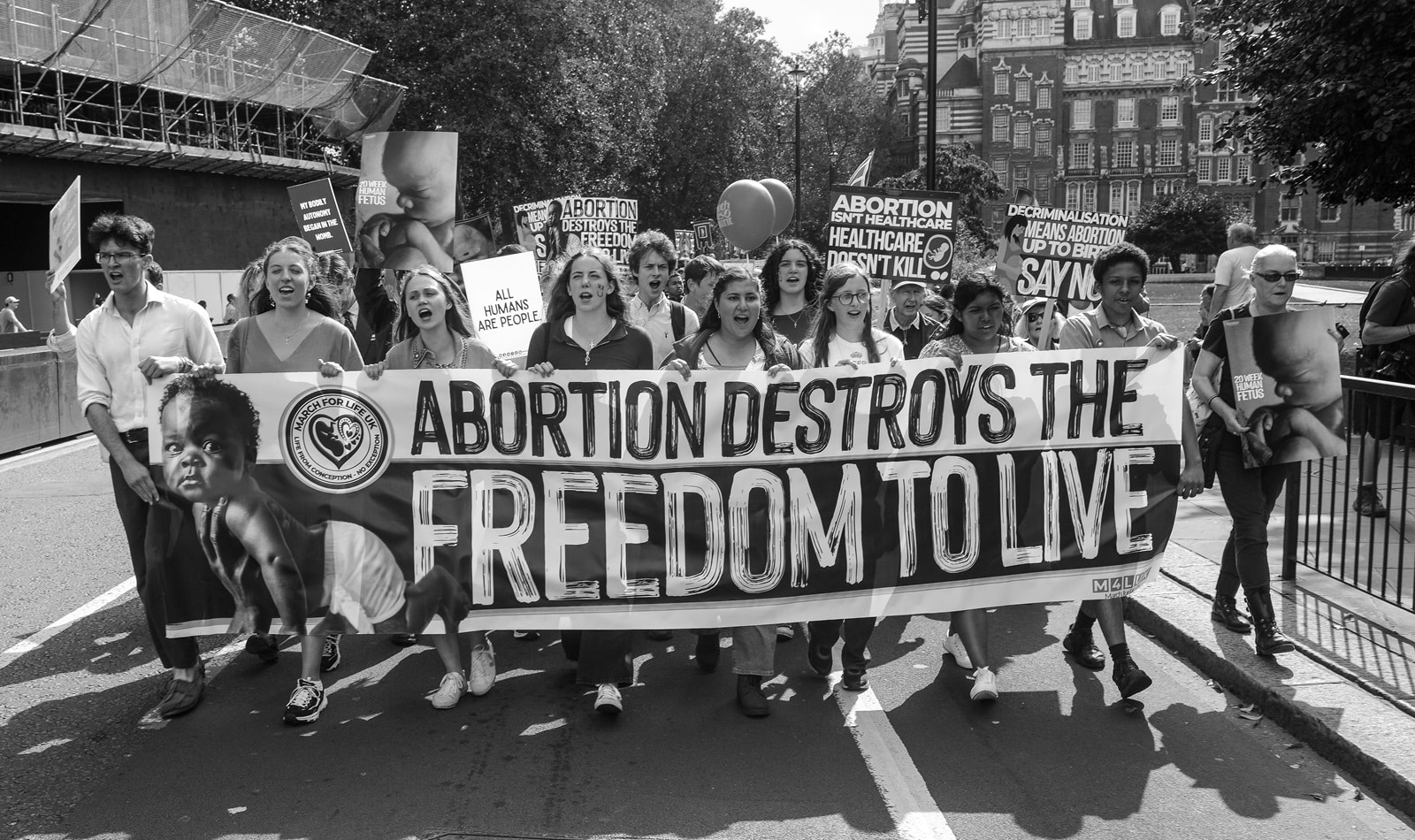
In Northern Ireland, abortion is decriminalized, signaling a significant departure from the considerably more restrictive laws prior to the change, where abortion was illegal in Northern Ireland, with very few rare exceptions.
Liberal Abortion Laws

Following the change, Northern Ireland now has much more liberal abortion laws than England and Wales.
Upholding Rights
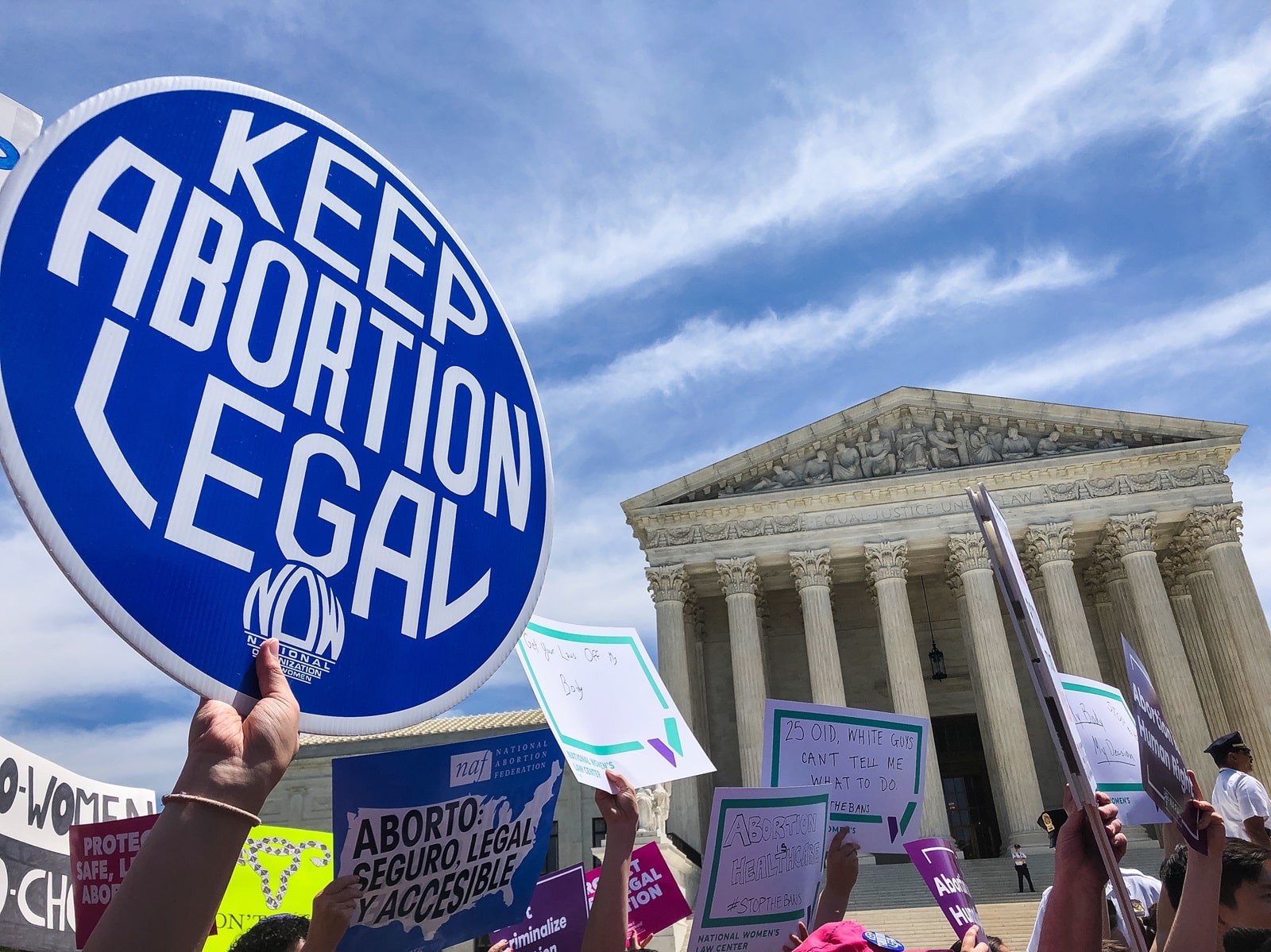
The responsibility for upholding abortion rights falls on the Northern Ireland secretary, a model that the proposed amendments seek to emulate.
“Lesson From Northern Ireland”

Creasy stated, “The lesson from Northern Ireland is to ensure someone in government has direct responsibility to prevent attacks behind the scenes on abortion service provision by those who oppose it – preventing those who oppose abortion from using seemingly progressive changes in law as an excuse to issue guidance or regulations by the back door which roll back advances such as telemedicine or time limits.”
Other Bills

While the proposal to decriminalize abortion up to 24 weeks garners support from various MPs, including Labour’s Sarah Owen and Charlotte Nichols, as well as Green Party’s Caroline Lucas, there are other similar bills currently working their way through Parliament.
Full Decriminalization
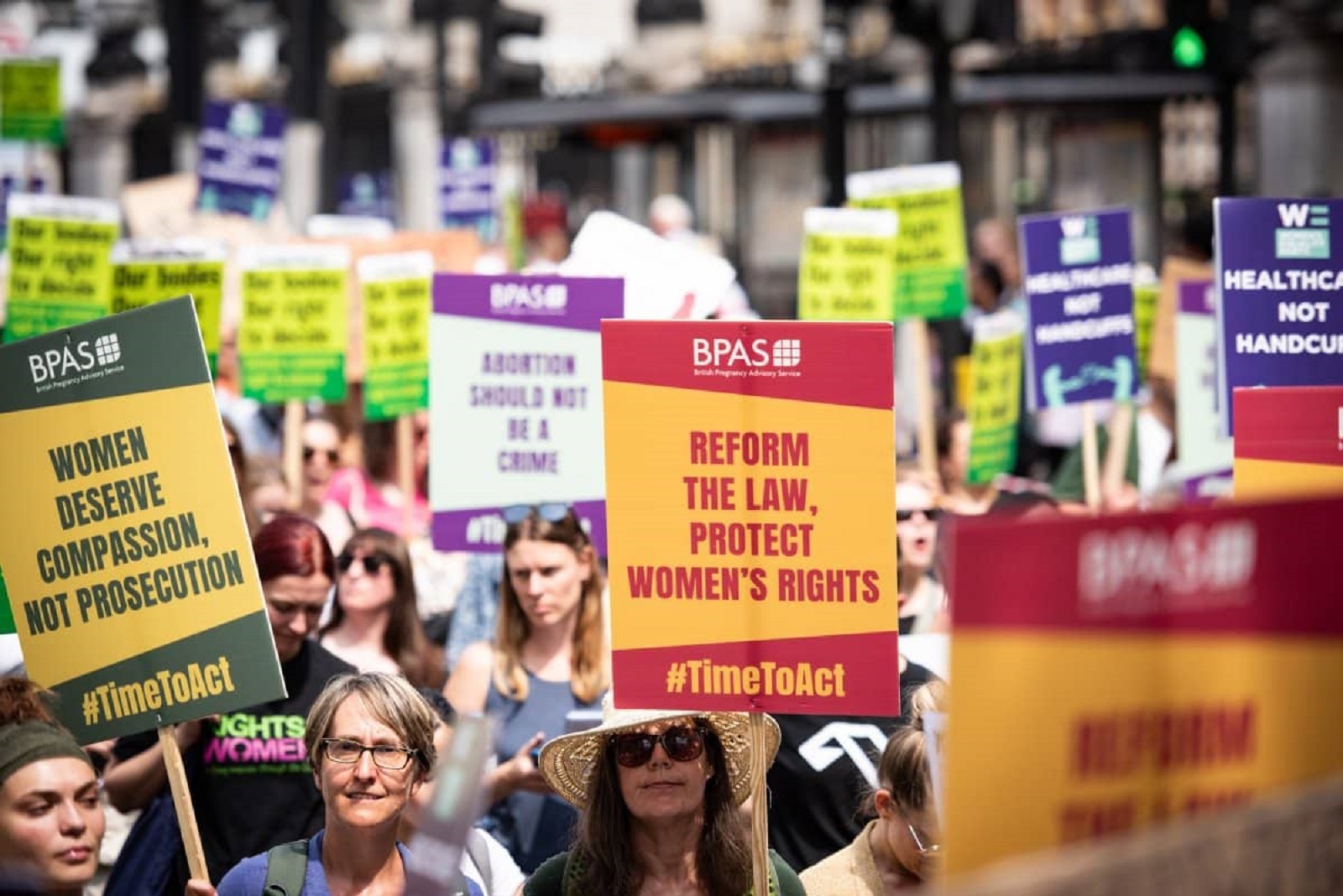
Diana Johnson’s proposal, for instance, advocates for the full decriminalization of abortion, a move that has generated considerable traction among MPs.
Ending Criminal Offence

Johnson’s proposal, which mirrors Northern Ireland’s laws, aims to abolish the criminal offence associated with ending a pregnancy and addresses concerns regarding telemedicine, where women can get access to drug-induced abortions, which are then conducted at home.
Private Reservations

Despite growing support for modernizing abortion laws, some senior Labour figures privately express reservations about Johnson’s proposal, particularly regarding the allowance of telemedicine for abortions.
Not a Criminal Offence

The simmering controversy revolves around part of Johnson’s proposal, which would mean that deliberately misleading an abortion provider after the legal limit of 24 weeks to obtain an abortion would not be a criminal offence.
Offences Against the Person Act
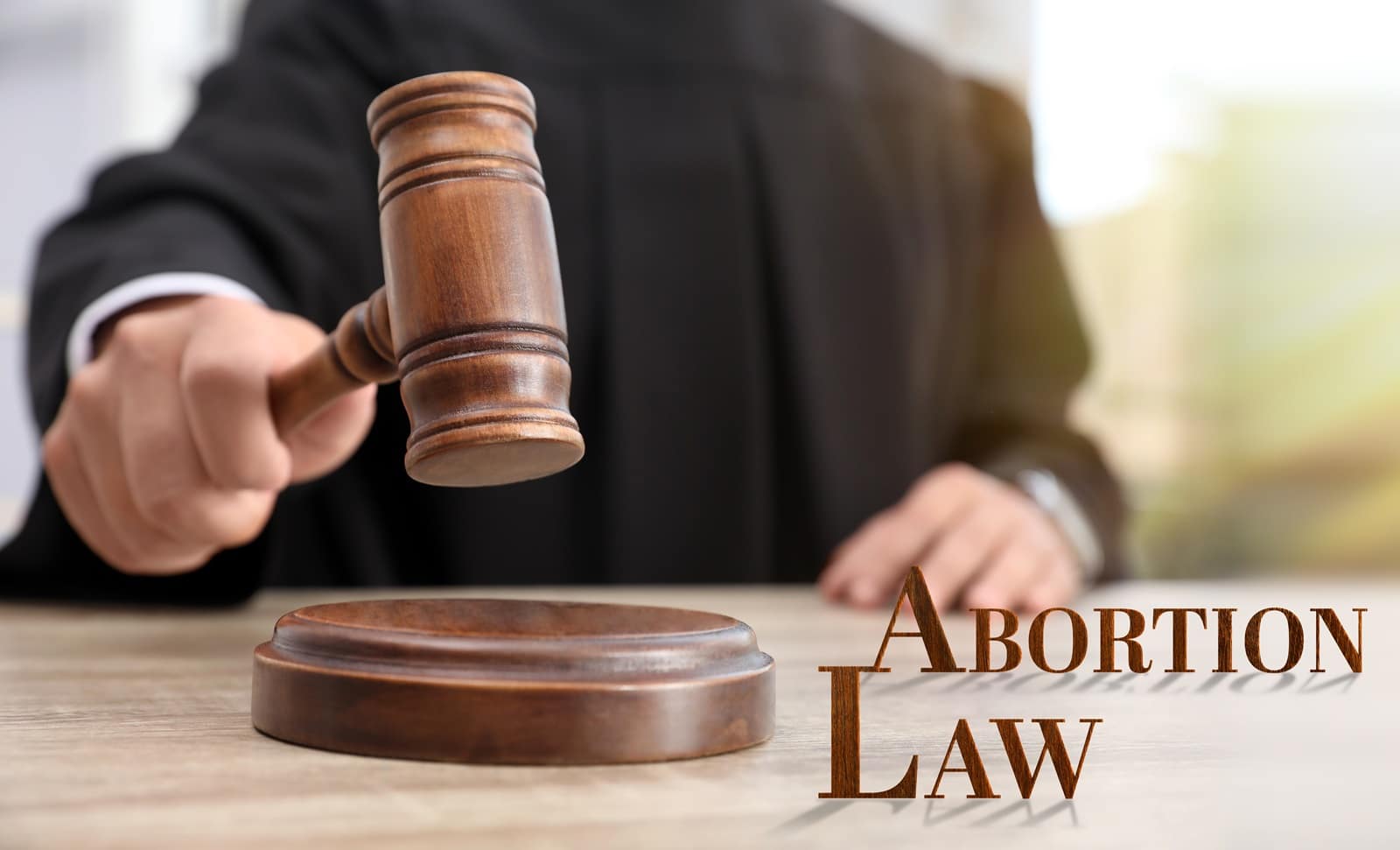
The existing laws governing abortion in England and Wales trace back to the Offences Against the Person Act of 1861, which criminalized abortions.
Abortion Act 1967
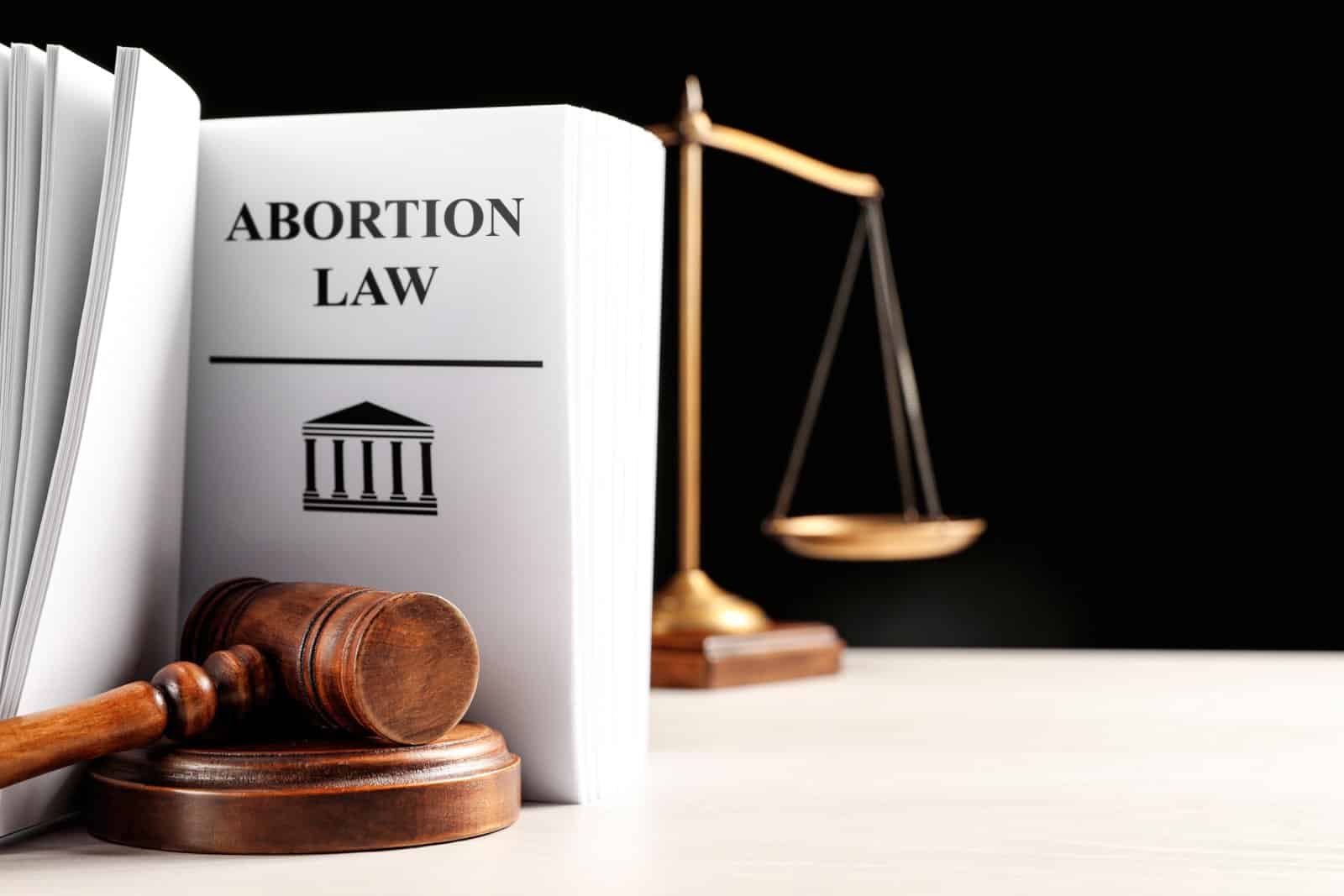
While the Abortion Act of 1967 partially decriminalized abortions, it stopped far short of enshrining abortion as a right, as France has recently done.
Exemption From Prosecution

Instead, the 1967 act provided exemptions from prosecutions under specific circumstances which could only be determined by two medical professionals.
Modernizing Abortion Laws
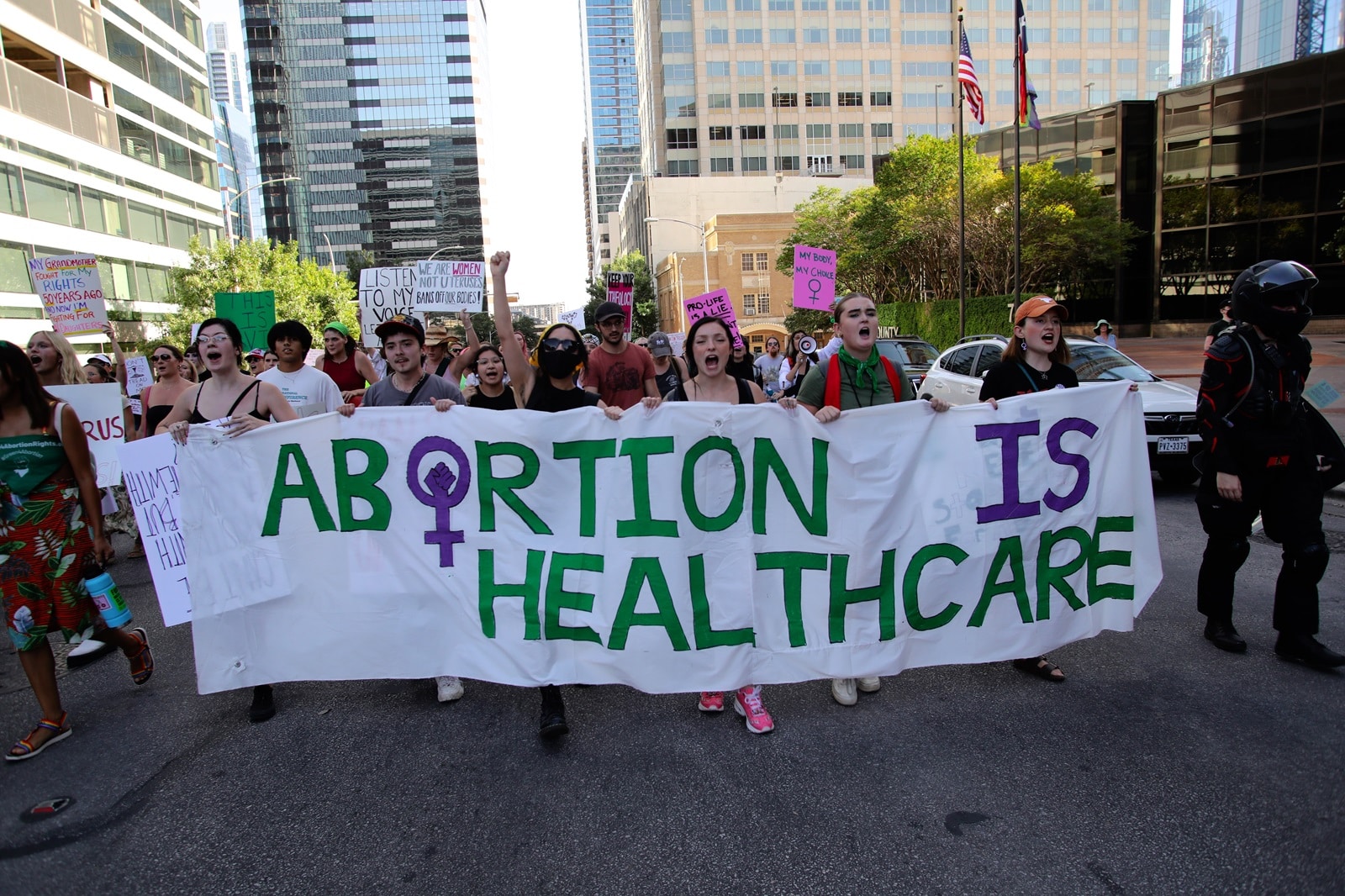
Both of the new proposals signify a step forward along the path to modernizing abortion laws in England and Wales, where the public has consistently been in favour of a woman’s right to a safe abortion.
Steps Forward
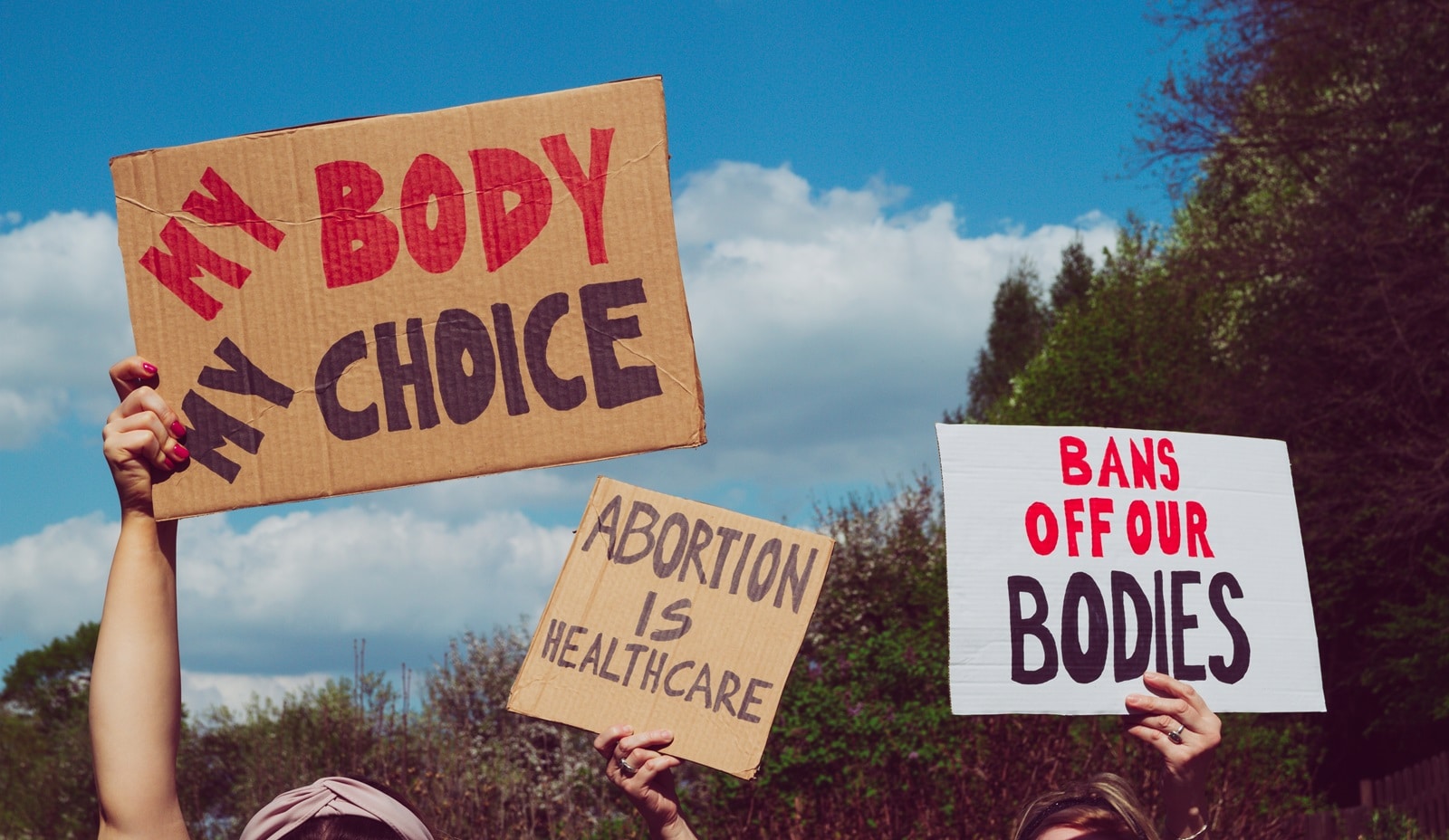
With many countries worldwide taking similar steps forward, it is hoped that the passing of either of these two bills will create laws which prioritize bodily autonomy and access to reproductive healthcare as a human right.
The post Abortion Decriminalization Proposal Sparks England and Wales Debate first appeared on Swift Feed.
Featured Image Credit: Shutterstock / Loredana Sangiuliano.

